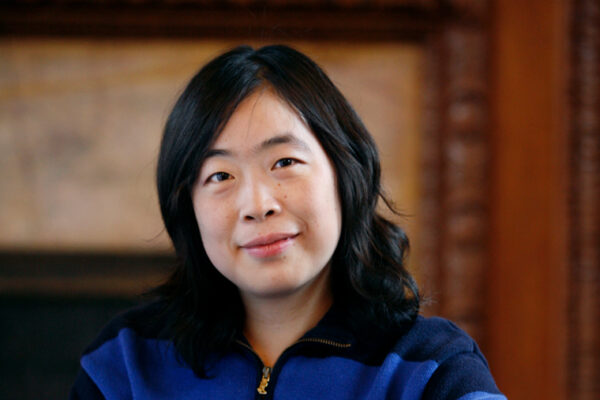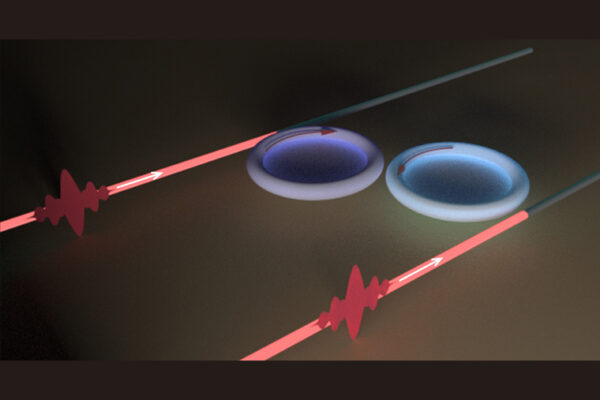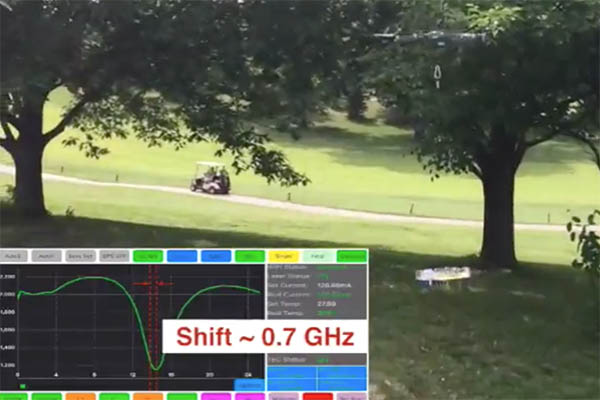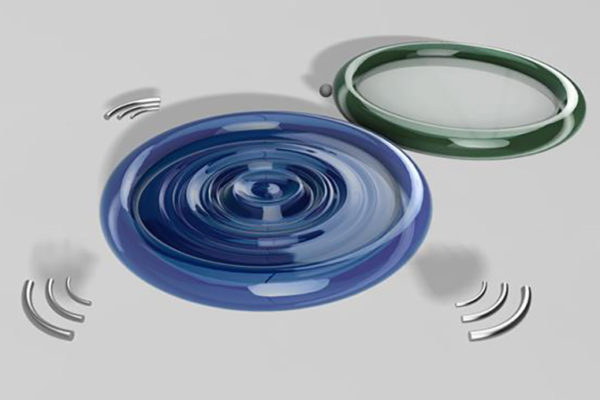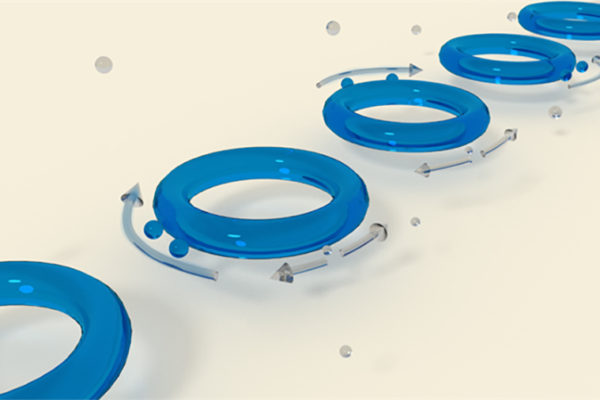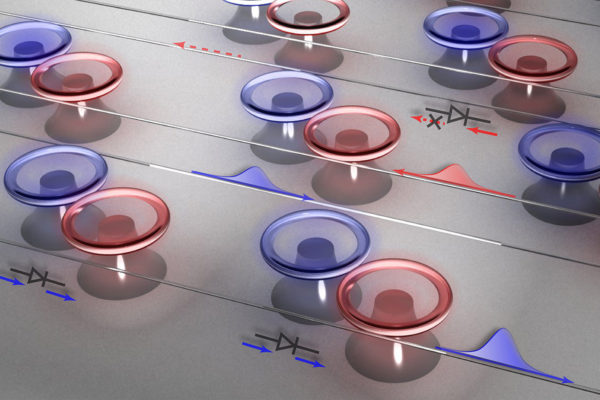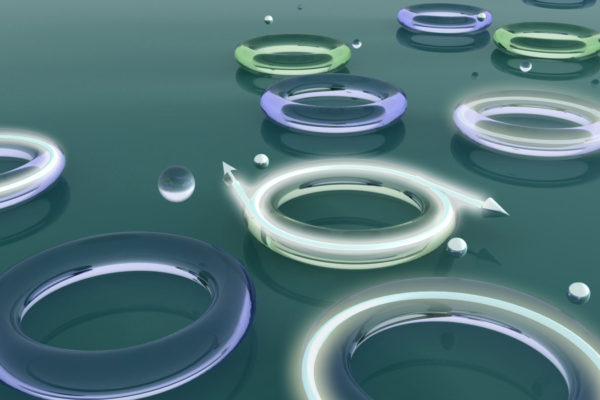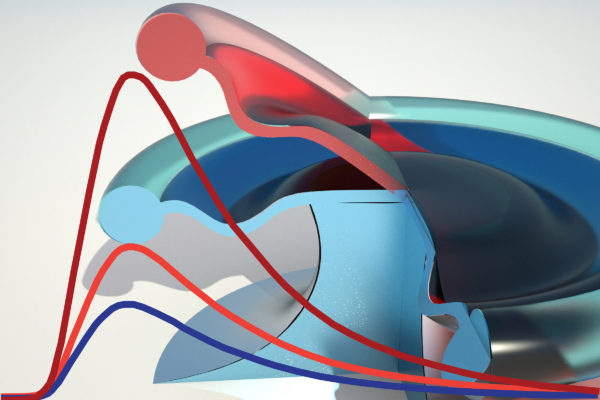Yang’s research interests include fabrication, characterization and fundamental understanding of advanced nano/micro photonic devices with outstanding optical properties or novel features for unconventional control of light flow. Her group focuses on the silicon-chip-based, ultra-high-quality micro-resonators and their applications for sensing, lasing, nonlinear optics, environmental monitoring, biomedical research and communication. Her group has demonstrated the first on-chip micro-resonator-based particle sensors that can achieve not only detection but also size measurement of single nanoparticles one by one.
In January, 2019, Yang was named the editor-in-chief of Photonics Research, a journal published by the Optical Society (OSA).
The McKelvey School of Engineering’s Lan Yang has been selected to receive the Friedrich Wilhelm Bessel Research Award. Given by the Alexander von Humboldt Foundation, the award recognizes distinguished scientists in any discipline.
Lan Yang at the McKelvey School of Engineering, along with collaborators at Yale University, reveals new approaches to manipulating light absorption in optical resonators.
Swapping electrons for photons, researchers in the School of Engineering & Applied Science have developed wireless sensors which are not subject to electromagnetic interference and are smaller and generally more flexible than the currently electronics-based technology.
A team of international researchers led by engineers at Washington University has developed a way to use a light field to trigger a mechanical movement that will generate an acoustic wave.
An engineering team at Washington University in St. Louis has made major strides recently in the study and manipulation of light. The team’s most recent discovery of the sensing capability of microresonators could have impacts in the creation of biomedical devices, electronics and biohazard detection devices.
Lan Yang, the Edwin H. & Florence G. Skinner Professor of Electrical and Systems Engineering in the School of Engineering & Applied Science, is the principal investigator of a four-year, $2 million grant from the National Science Foundation (NSF) in which she will oversee the takedown of two venerable physical laws: time-reversal symmetry and reciprocity.
Researchers in the School of Engineering & Applied Science have found a way to give photons, or light packets, their marching orders. The researchers have capitalized on the largesse of an energy state in an optical field to make photons in their lasing system travel in a consistent mode, either clockwise or counterclockwise.
Researchers in the School of Engineering & Applied Science at Washington University in St. Louis have discovered a novel route to encode chaos on light in an optomechanical microresonator system.

